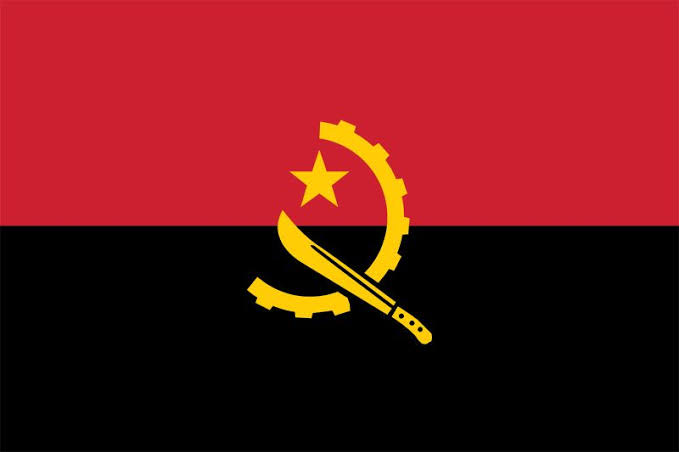After 16 years of membership, Angola has declared its departure from OPEC due to a contentious disagreement over oil production quotas.
Luanda had rejected a reduced output limit imposed by the leaders of the cartel to reflect the country’s dwindling production capacity. State-owned Jornal de Angola reported the decision, citing Mineral Resources Minister Diamantino Azevedo.
Angola’s departure will shrink the membership of the Organisation of Petroleum Exporting Countries to 12 nations. Led by Saudi Arabia, the group and its allies have been reining in supplies to shore up flagging oil prices. Brent futures slipped 1% on Thursday to trade just below $79 a barrel.
“It was not a decision made lightly; the time has come,” Azevedo said after a cabinet meeting. “Our role in the organisation was not deemed relevant.”
Luanda’s clash with OPEC’s leadership began in the summer, when it was asked to accept a reduced production target for 2024 that recognised its fading abilities. The country’s output has collapsed by about 40% over the past eight years to about 1.14 million barrels a day as it fails to invest sufficiently in ageing, deepwater oil fields, Bloomberg data shows.
It was promised a review by external consultants, but this produced an even worse outcome: At its latest meeting last month, OPEC imposed a lower quota of 1.1 million barrels a day, below the nation’s current output.
“As a country, when we participate, it is to contribute, expecting results that align with our interests,” Azevedo said. “When this doesn’t occur, we become redundant, and it no longer makes sense for us to remain in the organisation.”.
In recent years, various members, including Qatar, Indonesia, and most recently, Ecuador, have left the group for different reasons. OPEC, headquartered in Vienna, has not provided an immediate comment.

